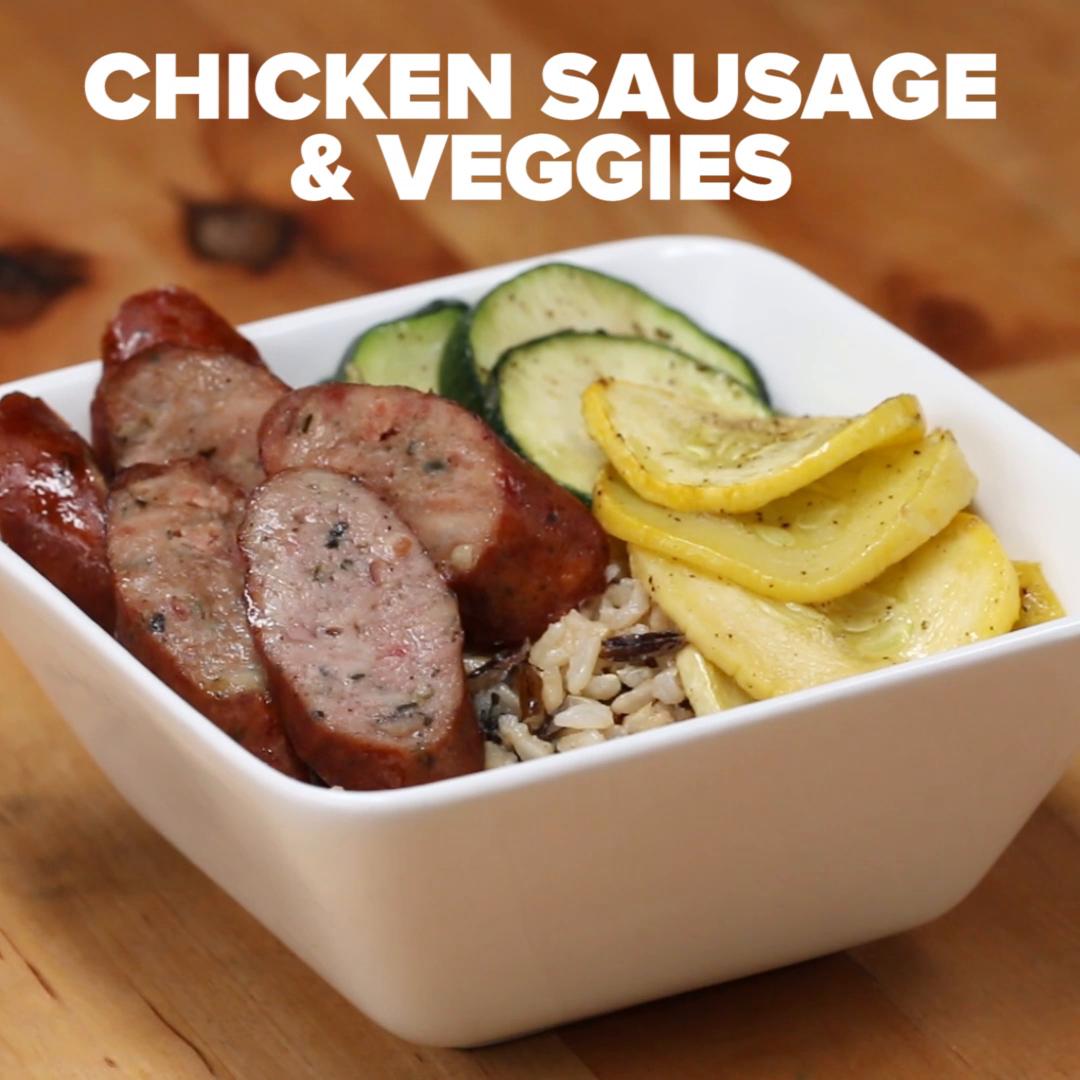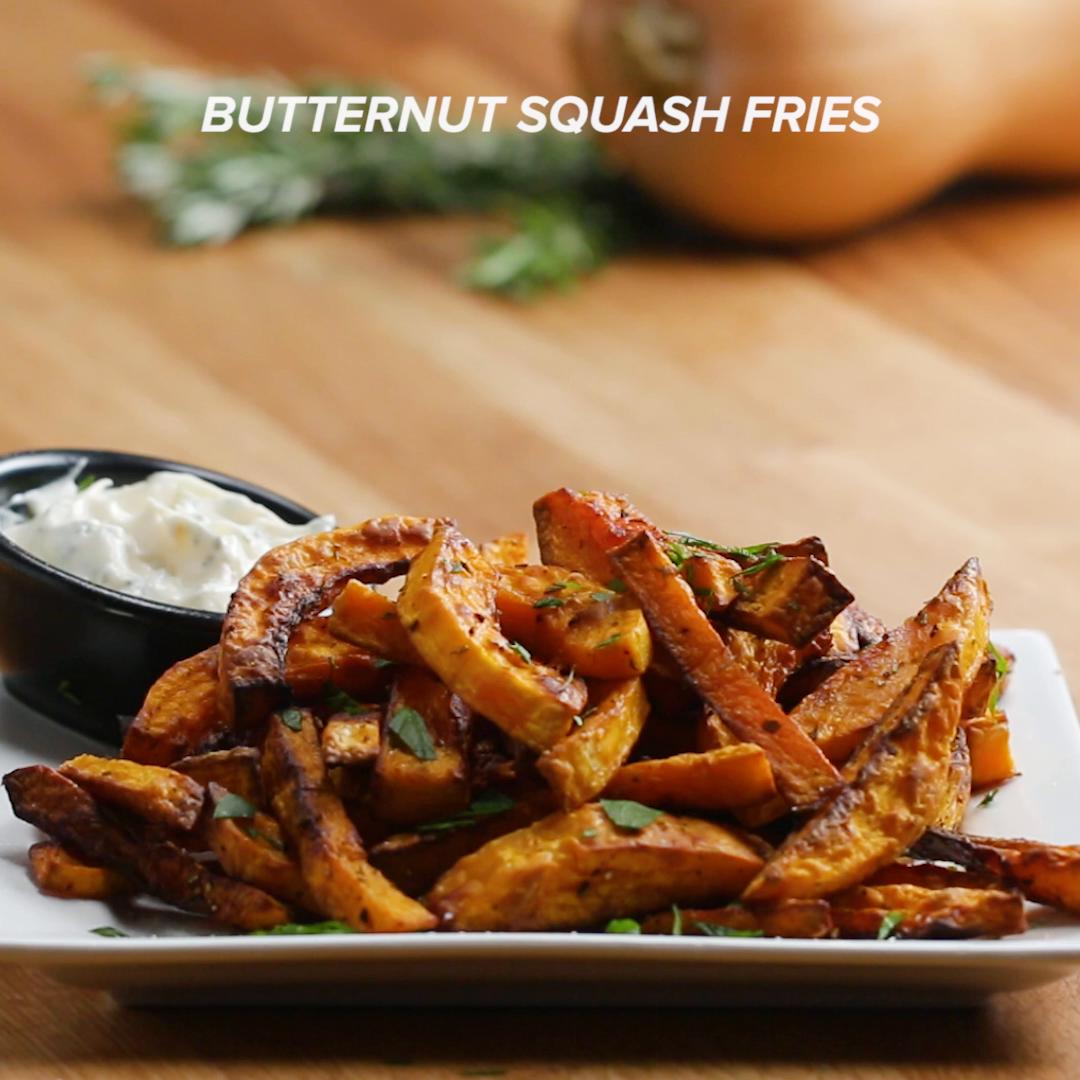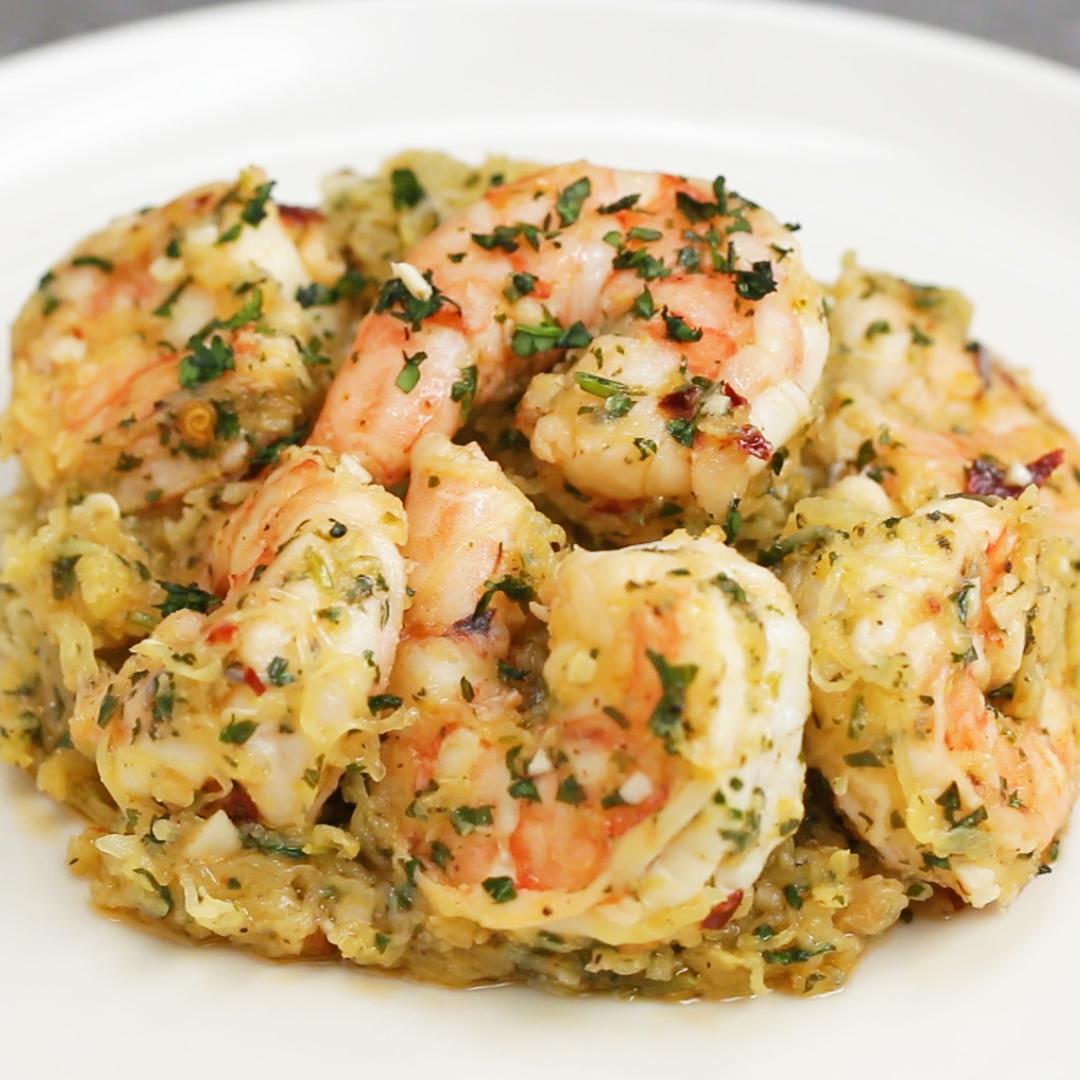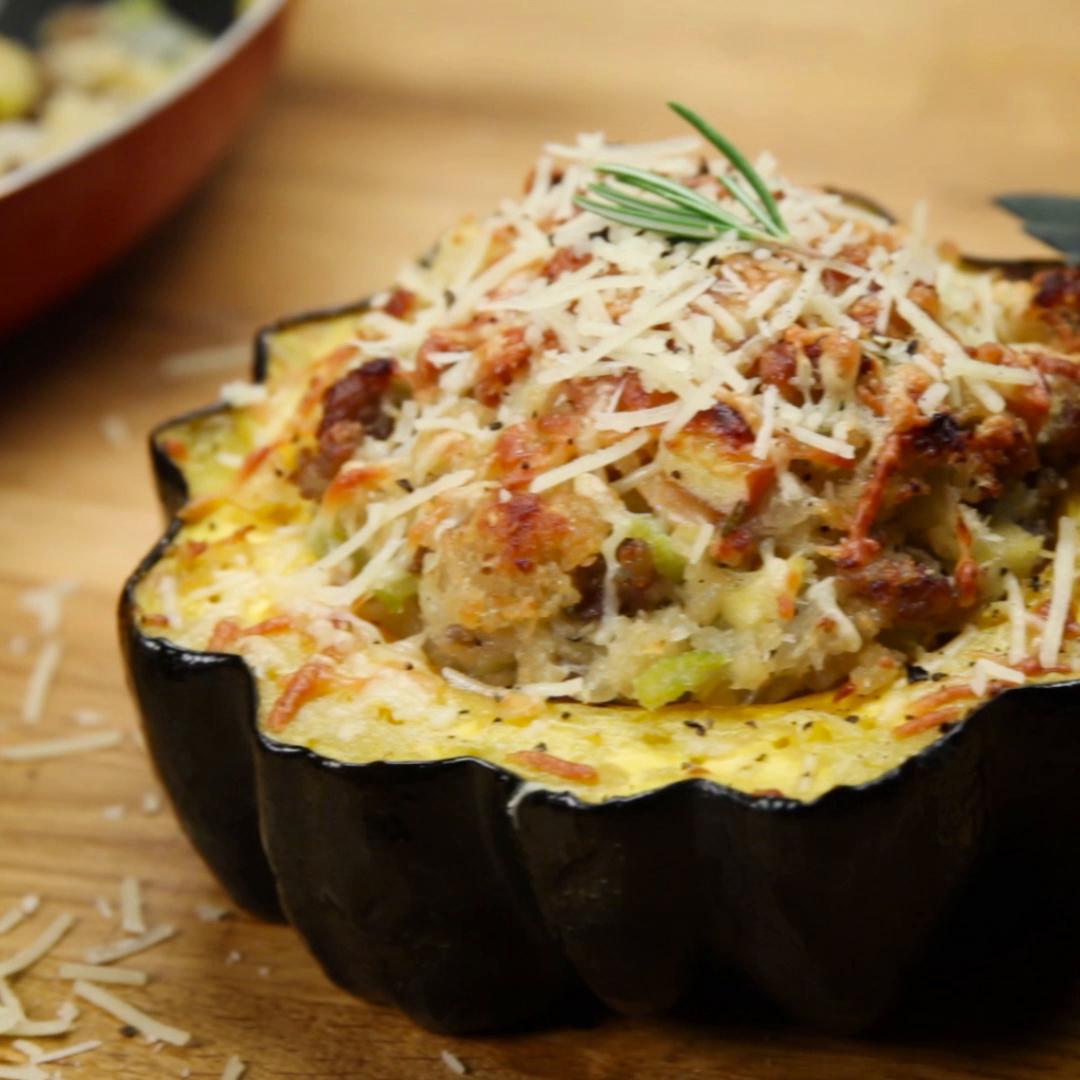Packaging Solutions
Winter squash
Bushel box
RPC
24” bins
2 count netted bag
Specialty squash
Bushel box
RPC
24” bins
2 count netted bag
Decorative squash
24” bin (packed in 1 to 4
varieties per bin)
Multi-bins
Bushel box
Packing: bagged, cartons, bulk
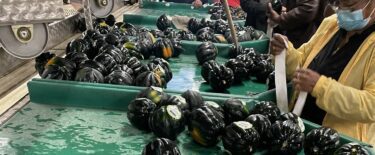
Production
Conventional or organic
Grown on ground, drip irrigated,
shade houses depending on region
Winter Squash
Buttercup (Kabocha)
Butternut
Spaghetti
Acorn
Specialty
Turks Turban
Delicata
Sweet Dumpling
Amber Max
Hubbard
Stripetti
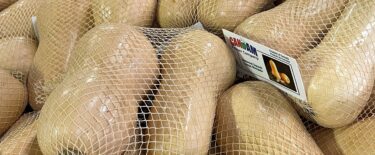
Availability
Canada
July to September
Mexico
December to July
Delivery available
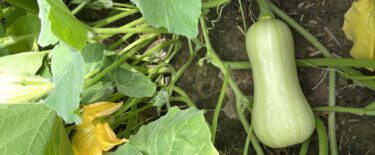
What sets Canam Fresh squash apart?
Take a closer look at how Canam Fresh farms squash!
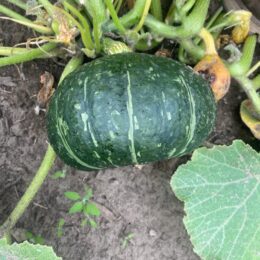
Kabocha Squash from fields in Aylmer, Ontario.
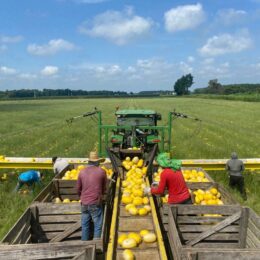
Spaghetti squash being harvested on our farms in Aylmer, Ontario.
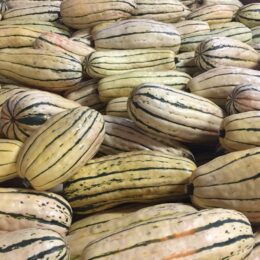
Delicata squash farmed in Aylmer, Ontario and throughout our farms in Mexico, ready to be shipped to clients.
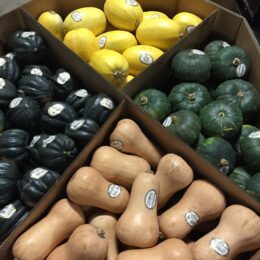
Mixer bin of kabocha acorn spaghetti squash and butternut squash custom ordered for retail clients shipped from Aylmer, Ontario.
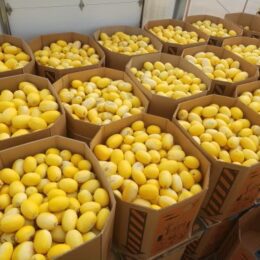
Spaghetti squash packed in 36 inch bins and stored in our coolers in Aylmer, Ontario ready to be shipped to food processing and retail.
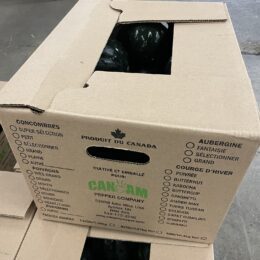
Acorn squash packed in boxes ready to be shipped to retail clients packaging options.
Shopping for Squash
Rules for choosing squash and pumpkins are similar: choose squash with a firm rind that isn’t easy to press into, that is heavy for its size, with dull (not glossy) skin, and no blemishes. Store in a cool, dry spot; an average storage time is four weeks, but some varieties will keep up to three months in proper conditions. While it’s best to remove the seeds and stringy flesh before steaming, baking, or roasting, the seeds and rind of some varieties are edible if fully cooked (such as butternut and buttercup squash).
Nutritional Info
All types of squash are a rich source of protein, Vitamin C and B6, magnesium, and potassium. They are low-fat, low-calorie, and have a low-glycemic load.
Taste Profile
Most varieties of squash have a creamy, mild taste and sweetness level. Buttercup (Kabosha) is sweeter than average, while Acorn has a slightly nutty taste.

